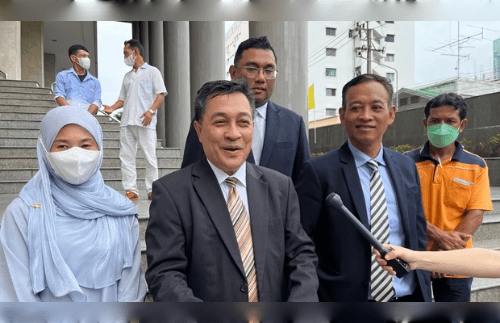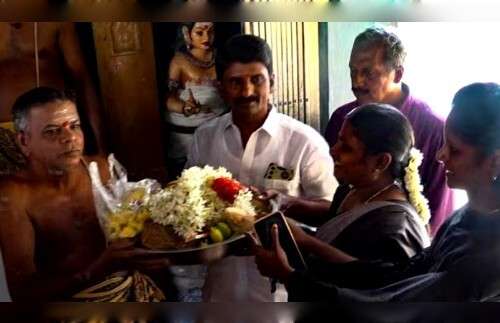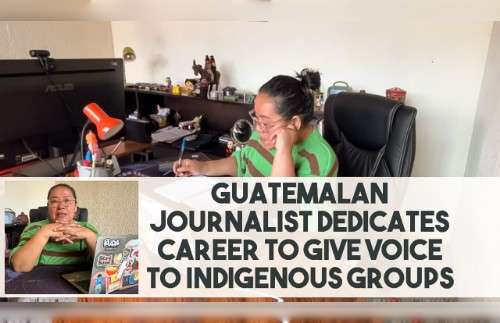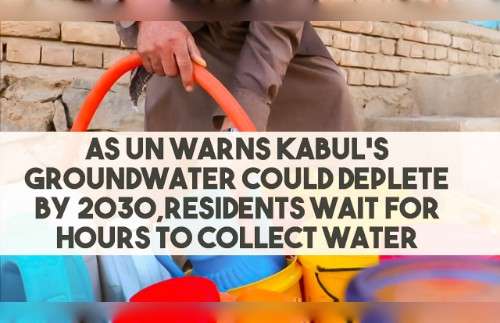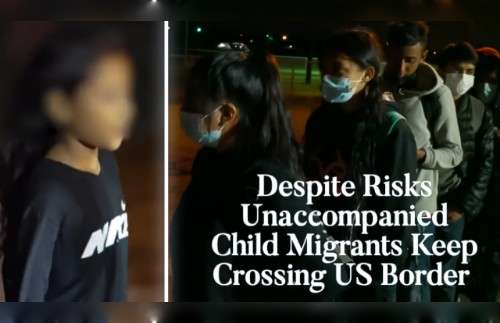Froilan Gallardo/Marawi,Philippines

Five years after then-President Rodrigo Duterte declared government forces had liberated the southern city of Marawi from Islamic State militants, the area remains far from normal with thousands of residents living in limbo in temporary shelters.
While there are signs of life, the once-bustling provincial capital appears to be a ghost town. A section of the city where pitched battles occurred remains closed over concerns about unexploded ordnance.

Before leaving office in June, Duterte signed the Marawi Seige Compensation Act of 2022,mandating creation of a board to determine compensation for the thousands displaced by the violence in Marawi. But six months have passed and little has changed, observers say, even though different agencies have interviewed residents.
“It is high time for the government to take serious steps … to ensure that the compensation law is implemented in an inclusive, transparent and judicious manner,” said Saripada Pacasum of the Marawi Reconstruction Conflict Watch, a group monitoring developments in the city.

“IDP’s, particularly home-based ones, have raised concerns over earlier profiling done, and demand inclusion” on the compensation list, Pacasum said, using an abbreviation for internally displaced persons.
“Meanwhile, there are hostage survivors and victims who are not residents of Marawi but were impacted by the siege, such as employees, service workers and transients.”
The law allocated 1 billion pesos (U.S. $16.9 million) as an initial budget for compensation, but the money has yet to trickle down to frontline agencies, officials said.

“We continue to appeal to our legislators and economic managers to ensure appropriate funding for the implementation of the Marawi Siege Victims Compensation Law,” said Rolanisah Dipatuan-Dimaporo, another member of the monitoring group.
“We need not remind you of the thousands of lives shattered by the conflict and the extensive property destruction in our city,” he said.

“For example, private schools and hospitals have been asking for inclusion in the Marawi rehabilitation plan. None of the private hospitals in MAA (most affected area) has been able to rebuild since 2017. We have yet to receive a single centavo for us to rebuild in Marawi,” he stressed.
He and others called on Duterte’s successor, President Ferdinand Marcos Jr., to fast-track the appointment of a Marawi Compensation Board to formulate the rules and regulations required to implement the law.


Duterte declared Marawi liberated on Oct. 17, 2017 – nearly five months after militants linked to the Islamic State seized the city on May 23, 2017. Government forces launched a final assault against the militants on Oct. 23, 2017, killing 42.
As many as 1,200 militant fighters, government forces and civilians were killed during the siege, according to the government.
Copyright ©2015-2022, BenarNews. Used with the permission of BenarNews.








